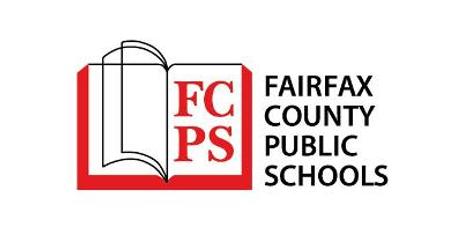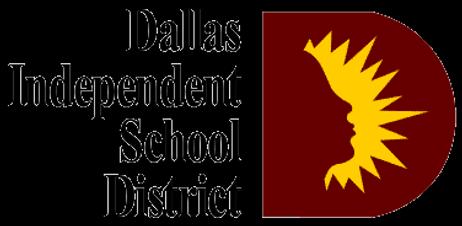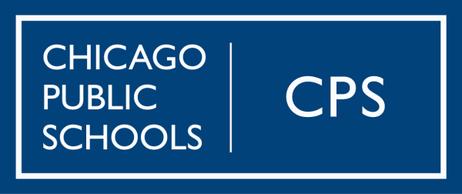Nearly 20,000 students across the United States are about to see their classroom time get significantly longer. Five states are participating in a new project to improve the state of education in the U.S. At the core of the project is 300 additional hours of school time each year, which will be designed to improve learning outcomes and provide students with a wealth of supplemental learning opportunities. While many are hopeful the additional class time will bring U.S. students up to par with students across the globe, others are skeptical that simply extending the time students spend in school will really bring the quality of instruction and learning to the next level.
About the Time Collaborative
The new program, dubbed the “Time Collaborative,” is indeed a collaboration between the U.S. Department of Education, the Ford Foundation and the National Center for Time and Learning. According to CNN, the three-year initiative will involve 40 schools in the states of Colorado, New York, Connecticut, Massachusetts and Tennessee. Each school will be responsible for adding the additional 300 hours in daily classroom time and number of days on the school calendar. For a school on a typical 180-day calendar, 300 hours breaks down to around 90 minutes of additional classroom time daily.
Reuters reports that funding for the new project will come from a variety of sources, including federal and state government. The National Center on Time and Learning and the Ford Foundation have also pledged around $3 million in






















